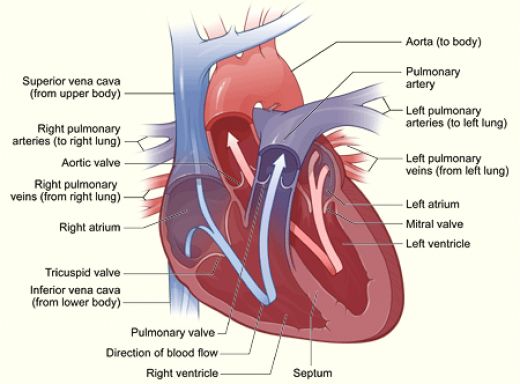Aspirin Therapy for heart

Aspirin Therapy is a form of ANTICOAGULATION THERAPY to help prevent BLOOD clots from developing, which doctors prescribe as a prophylactic measure for HEART ATTACK and STROKE. Aspirin has a moderate anticoagulation effect. It interferes with PLATELET AGGREGATION, the first step in the clotting process. Aspirin blocks the body’s production of PROSTAGLANDINS, chemicals the platelets need to help them aggregate (clump together). Cardiologists generally recommend aspirin therapy for:
- men between the ages of 40 and 75
- women who are beyond MENOPAUSE
- men and women under age 40 who have HYPERTENSION, DIABETES, or OBESITY
- men and women under age 40 who smoke cigarettes
People who do not have increased risk for CARDIOVASCULAR DISEASE (CVD)—are under age 40 and have no predisposing health conditions or lifestyle factors—likely do not receive enough benefit from aspirin therapy to offset the potential risks. The primary risks of aspirin therapy are gastrointestinal upset and excessive bleeding. Aspirin may cause GASTROINTESTINAL BLEEDING in people who have PEPTIC ULCER DISEASE, and extended bleeding during dental procedures and surgeries or with wounds such as lacerations. Doctors recommend a DOSE of 81 milligrams (mg) daily (one “baby” aspirin tablet) or 325mg milligrams every other day (one “regular” aspirin). Some products are available at 162mg strength, marketed specifically for aspirin therapy.
Call 911 at the first sign of HEART ATTACK. Do not wait for an aspirin to relieve the PAIN of a heart attack. An aspirin will only help to limit blood clotting during the heart attack. It will not help the pain.
Aspirin may also limit the damage of a HEART attack that is under way. Cardiologists recommend that people who experience symptoms of heart attack first call 911 for emergency medical aid and then chew an aspirin tablet. Chewing the aspirin tablet gets it into the bloodstream more quickly than swallowing. Studies show this approach releases enough of a burst of anticoagulant into the blood to help prevent fibrin and other clotting substances from adhering to the blockage in the coronary artery that is causing the symptoms. This small action can significantly reduce the amount of heart tissue that suffers oxygen deprivation and possible death during a heart attack.
See also CARDIOVASCULAR DISEASE PREVENTION; CORONARY ARTERIES; DEEP VEIN THROMBOSIS (DVT); RISK FACTORS FOR CARDIOVASCULAR DISEASE.